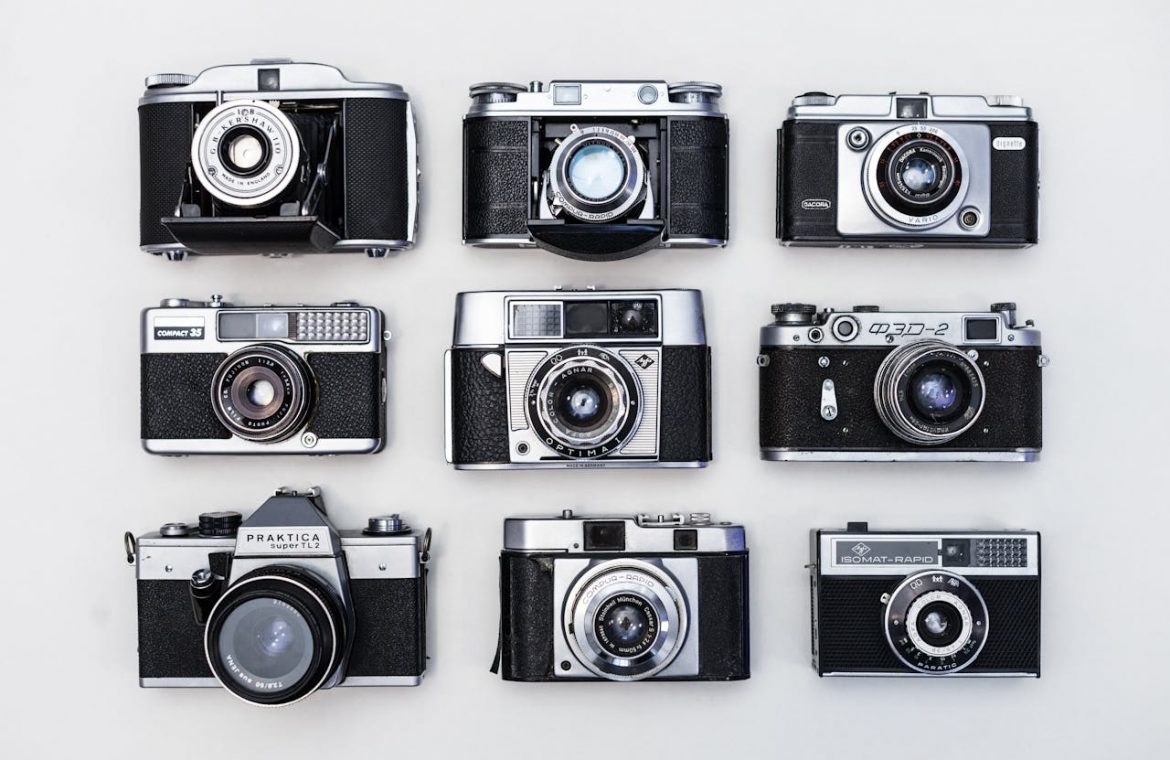The journey of camera technology is a fascinating tale of innovation and transformation. From its early days as cumbersome devices to the sleek digital cameras we use today, this evolution reflects our endless quest to capture moments and memories.
The Dawn of Photography: Daguerreotypes
The story begins in the 19th century with the invention of the daguerreotype by Louis Daguerre. This process involved a silvered copper plate, which, after being exposed to light, would produce a single image. Despite the clarity and detail of these images, the daguerreotype was limited by its inability to create copies of the same photograph.
The Era of Film Cameras: Kodak Takes the Stage
As technology progressed, so did the accessibility of photography to the general public. A significant milestone was the introduction of the Kodak camera by Eastman Kodak. This camera, loaded with a roll of film, allowed individuals to take multiple photographs and then send the entire camera back to Kodak for developing and printing. This innovation made photography convenient and accessible, paving the way for mass adoption.
The Rise of Color and Instant Photography: Polaroid’s Magic
The next leap in camera technology came with the advent of color film and instant photography. Polaroid became a household name with its instant cameras that allowed users to take a photo and watch it develop right in their hands within minutes. This instant gratification added a new dimension to photography, making it even more popular among the masses.
The Digital Revolution: Canon and Nikon Lead the Way
The digital era marked a significant turning point in the evolution of camera technology. Digital cameras, pioneered by brands like Canon and Nikon, replaced film with digital sensors, allowing photos to be stored electronically. This breakthrough made it possible to take hundreds or even thousands of pictures without worrying about film, and to see the results instantly on a digital screen.
Smartphones and the Ubiquity of Cameras: Apple and Samsung Innovate
In recent years, the most significant change has come from the integration of cameras into smartphones. Brands like Apple with its iPhone and Samsung with its Galaxy series have advanced camera technology to the point where the smartphone in your pocket can take pictures that rival those from standalone digital cameras. These devices have made photography an integral part of our daily lives, with the ability to share moments instantly across the globe.
Conclusion
The evolution of camera technology from daguerreotypes to digital reflects our insatiable desire to capture and share our experiences. Each advancement, from film to digital sensors, from bulky cameras to the compact devices in our smartphones, has made photography more accessible and enjoyable. As we look to the future, one can only imagine the new frontiers camera technology will explore, continuing to change the way we see and share our world.


